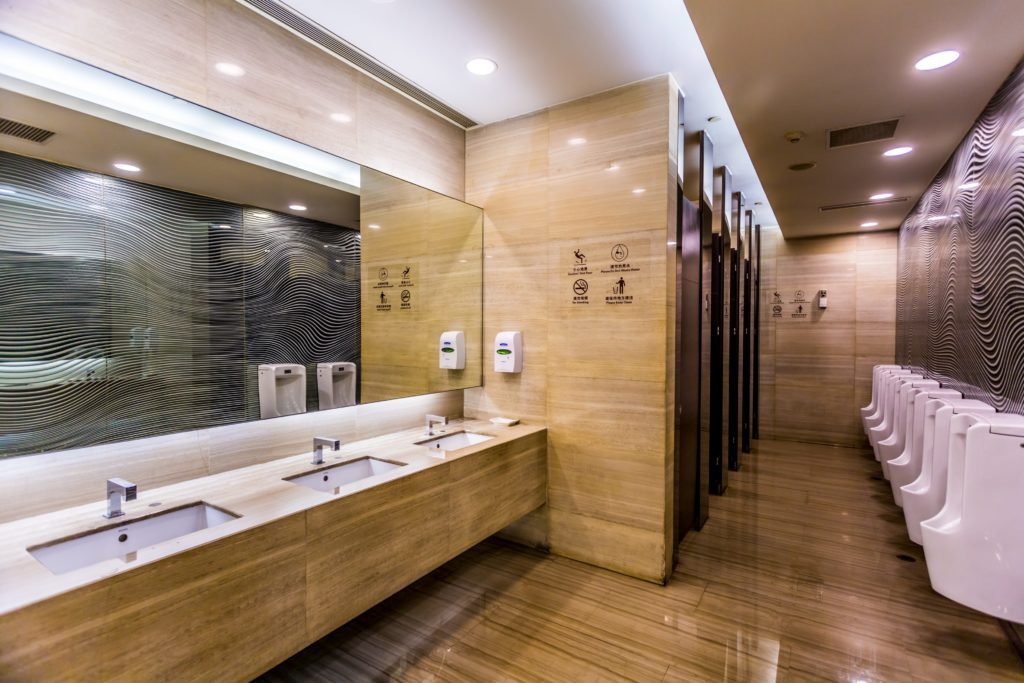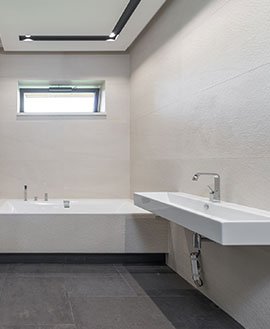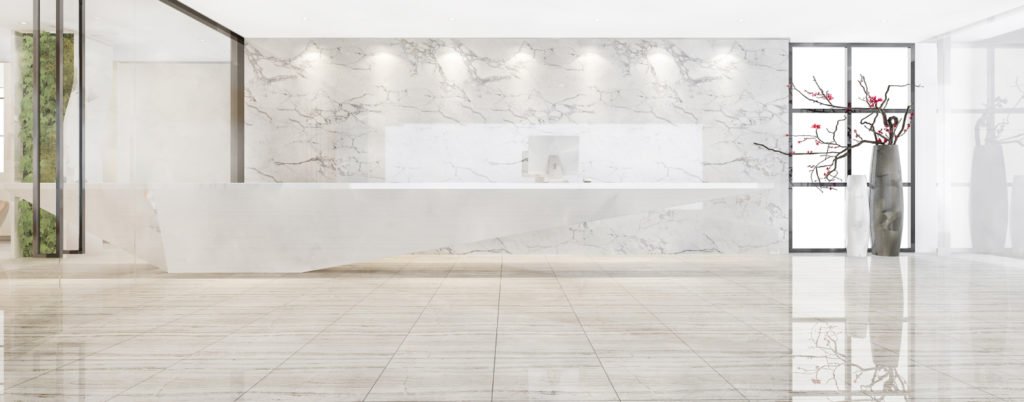
Are you looking to import porcelain tiles for a construction project? Porcelain tiles are known to be a notch above ceramic tiles, there are lots of things that need to be known to the tile importers and homeowners about porcelain tiles. In this post, we will delve deeper and highlight several points about porcelain tiles that are worth noticing.
Paving Options
In addition to porcelain, there are several surfacing options available, including sandstone, granite, marble, limestone, concrete pavement, decking, setts, and gravel. All have varying degrees of durability and upkeep requirements, but can porcelain provide the ideal answer for trouble-free paving?
Many are eager to share their experiences with York and Indian/imported sandstone, which may discolor fast, absorb moisture, turn green, and become extremely slippery, but before dismissing them as choices for you, read this article on ‘which paving is best for me?’


Issues With Porcelain Tiles
Some of the issues with porcelain tiles include tiles lifting or becoming loose, but this is usually because they weren’t set on a full bed of mortar and/or slurry prepared with a specialty primer like UltraScape ProPrime Slurry (extreme care should be taken not to get this on the face of the tile during application). When applied to the back of the tile prior to laying, this provides fantastic adhesion to the mortar bed, so make sure you thoroughly research an experienced installer and get advice from the seller when you buy the tiles, as incorrect laying will almost certainly void any guarantee offered by the tile supplier.
Porcelain is durable
One of the primary benefits of tiles is their durability. Because it is burned at greater temperatures and created from a more refined clay, it is denser than conventional porcelain stoneware. Porcelain tiles, if correctly laid, will retain their luster throughout time. These are some of the most challenging flooring choices. The firm, thick, and sturdy porcelain can endure most impact pressures and is suitable for usage in commercial settings. As a general rule, this material should have a PEI rating of at least 5, making it appropriate for usage in high-traffic areas and with heavy machinery.
They don’t get stains
Another significant advantage of porcelain flooring is that it is less absorbent than other types of floors, thus it will not stain in the case of spilled beverages, food, or chemicals. Also, because of the low rate of absorption, property owners won’t have to worry about water spilling on the floor and having to mop it up right away.
Porcelain tiles and stylish and versatile
The most significant benefit of porcelain tile is that it is not a composite material. It is created rather than harvested, thus it may take on the appearance and surface of almost any other hard surface used for open-air flooring. With this item, you may truly create whatever style you like. Make paths out of the unusually big 24 × 24 inch tiles surrounded by grass or sand. To create an exceptional but eye-catching pool deck, combine marble glancing tiles in various shapes and sizes. By leveraging a platform architecture, you may experiment with levels and provide depth and measurement to your area.
Available in different designs
In terms of appearance, porcelain tiles do not blur in direct sunlight. Shadings are also dependable. This makes it excellent for usage outside. Stone is the sole another tile that may contrast with such never-ending ideas. However, because the design runs throughout the entire material, the stone may be polished and cleaned to restore the original plan to its full splendor. That is only if staining or material reactions caused staining or injury to the tiles.








